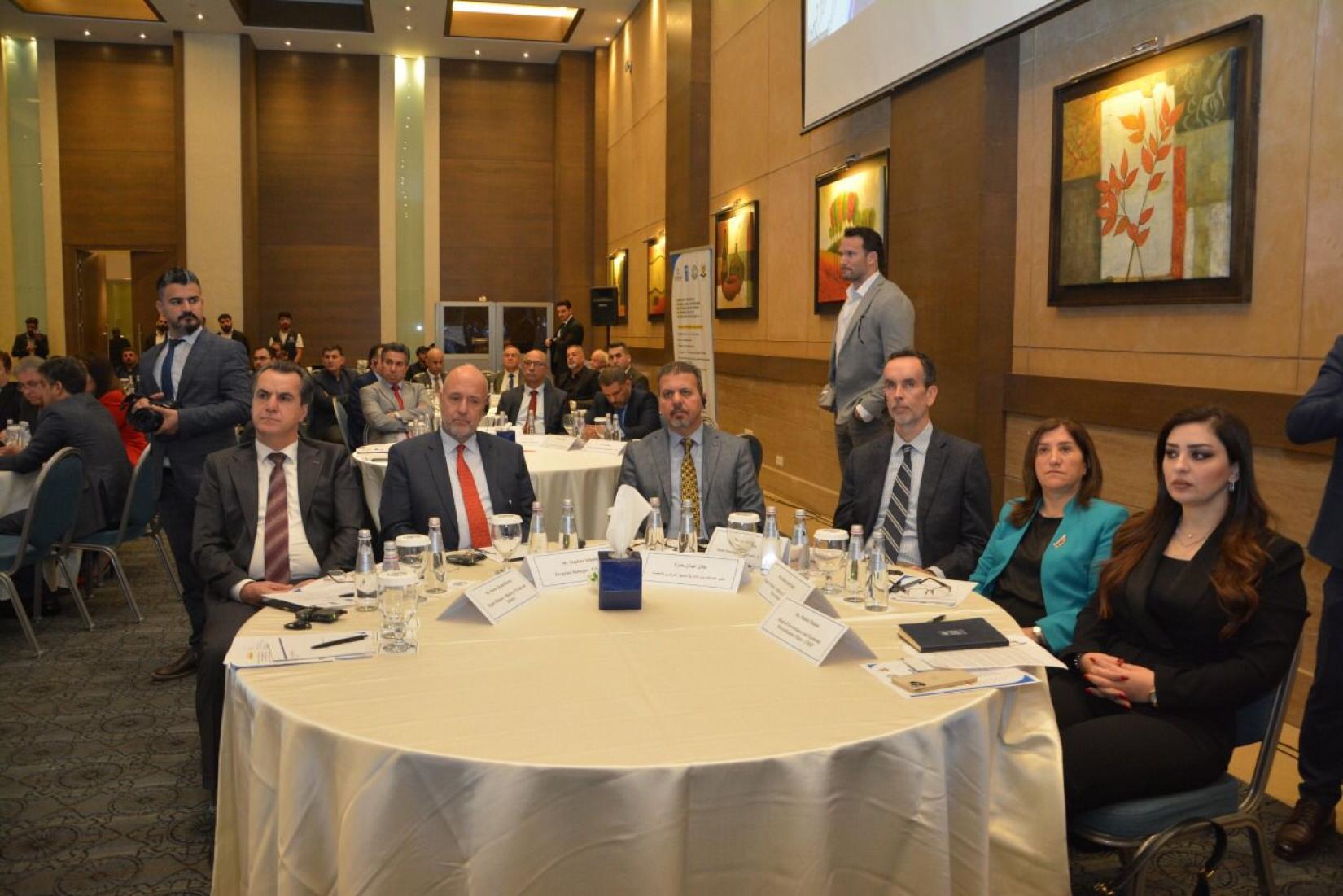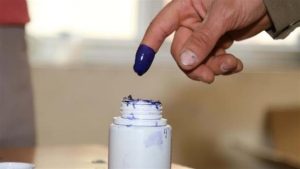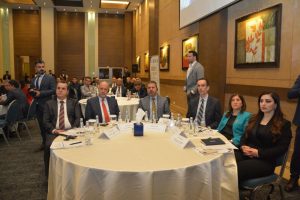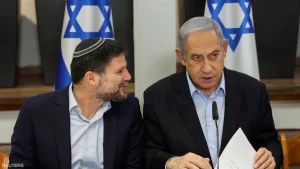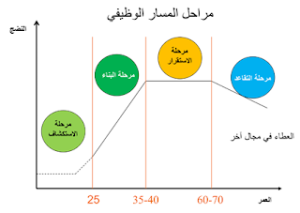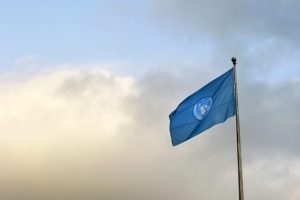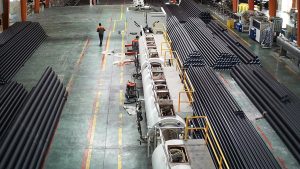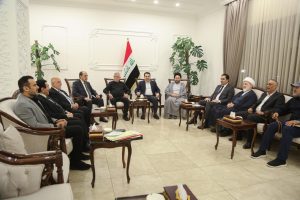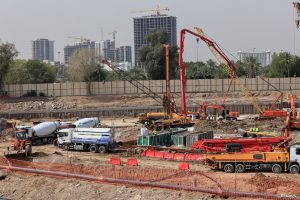The Ministry of Planning in the Kurdistan Regional Government (KRG), in partnership with the United Nations Development Programme (UNDP), and funded by the United States Agency for International Development (USAID), has launched a study on micro, small, and medium enterprises (MSMEs) in Iraq. The study provides a solid evidence base to guide policies and strategies aimed at creating sustainable livelihoods, including through the development of MSMEs.
Funded by USAID, the mixed survey of both formal and informal MSMEs was conducted in the Kurdistan region’s governorates. Initially, the survey was carried out in the governorates of Baghdad, Basra, and Nineveh. It was designed to build a comprehensive analysis of the structures of MSMEs, their trends, business dynamics, challenges, and opportunities through updated, reliable, and market-relevant information and analysis.
Some key findings of the survey in the Kurdistan region of Iraq highlight the low participation of women in MSME ownership, with only 13% of enterprises owned by women. Additionally, issues related to financing, weak network structures, and the lack of business clusters for these enterprises were emphasized.
Mr. Auke Lootsma, UNDP Resident Representative in Iraq, stated: “Micro, small, and medium-sized enterprises in Iraq face significant challenges. While we continue to address the social and economic impacts of COVID-19 in Iraq, this study once again highlights the importance of the private sector in Iraq to create economic diversification, sustainable job opportunities, and much-needed employment, especially for vulnerable groups. This critical work would not have been possible without our strong partnership with the Ministry of Planning and the generous support of our partner, USAID.”
Dr. Dara Rasheed, Minister of Planning in the Kurdistan Regional Government, expressed his support for the initiative. He praised the significant support provided by UNDP and USAID in designing and implementing the study in a timely manner, and reiterated the ongoing support for developing an action plan to implement its recommendations. The Kurdistan Regional Council of Ministers, through its nine ministries, emphasized the importance of strengthening the private sector and diversifying the Kurdistan Region’s economy, noting the vital role of such studies in supporting the economic sector.
Mr. Arvin Hicks, the U.S. Consul General in Erbil, added, “Micro, small, and medium-sized enterprises are a crucial part of any resilient economy, and they provide untapped opportunities for youth, women, and vulnerable populations to actively participate in the country’s economic growth and long-term stability. We are proud of our partnership with our counterparts in the Kurdistan Regional Government and the private sector to implement critical initiatives and reform projects that enable MSME growth and elevate their role in Iraq’s economy.”
Mr. Sirwan Mohammed, Director of the Kurdistan Region Statistics Bureau, said regarding the survey, “This study of MSMEs will serve as a starting point for understanding the characteristics of the private sector enterprises and the supporting policies from relevant ministries that are vital to the economic sector.”
This survey is part of the Economic Reform Support Project under the UNDP in Iraq, designed to promote sustainable economic reforms focusing on poverty alleviation in the country, with generous support from the American people through USAID.


